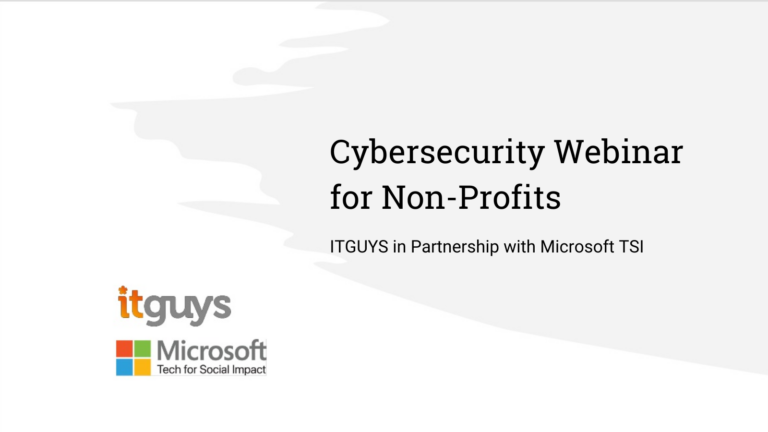In the bad old days of the late 90s and noughties, IT systems were very much office-based.
If you wanted to collaborate with team members you had to have access to the “server” and get access to the shared drive before you could access files and folders that your business needed to operate.
If you couldn’t get to the office that could be a challenge! Your team could email a document you needed but this is not exactly convenient, nor efficient. Other systems, such as a VPN (Virtual Private Network) could allow you to gain remote access to the office and work on files on the server. This is still a thing in the 2020s, but increasingly, there are compelling reasons to ditch the server, ditch the VPN and work from anywhere.
Benefits of the cloud
Reduced IT costs
Servers and VPNs cost money. They both need to be configured and maintained and protected against hacking and if they are not working, then none of your team can work either. They also need to be upgraded and replaced. With most IT hardware needing to be replaced after 4/5 years and servers costing at least 1 to 1.5K (add in maintenance and backup).
Compare this with moving your data in the cloud. Even the most basic Microsoft or Google email accounts include cloud storage that can be shared out within your business. And for a modest increase per user, more robust storage and controls can be added to make that server redundant.
Greater mobility
Modernity and constant technological progress may not be all it is cracked up to be, but there are very real and tangible benefits to cloud-based working that simply were not possible even 5 years ago. If your data is cloud-based – say with Microsoft 365 – this data is available on any tablet, smartphone, desktop or laptop. Yes – you can read your emails in Outlook (it may be the web or mobile app version), edit that Word document or browse the files on the latest project you have been working on. And you can be doing this from anywhere – if there is an internet connection or mobile data signal.
Working from Home
The third decade of the 21st-century will certainly go down as the biggest existential threat to modern society since the second world war. Enforced and prolonged homeworking has forced the issue regarding whether companies can be productive and complete projects when they have to work away from the office. Whilst remote working is no replacement for face-to-face communication, there are significant environmental and team welfare benefits that ensue. Reduced commuting means less pollution, less congestion and rush hour stress. Less commuting means that employees have more time at home and less time stuck in transit – this must be better for their mental health.
What are the downsides?
Moving all your data and systems to the cloud is not without risks and it is important to assess them.
Security
If the data is in the cloud, then it is on the internet. And if it is on the internet it is important to protect your intellectual property and ability to operate as a business.
Cybersecurity must be placed at the heart of your IT security policy. For more information on this subject please click HERE.
Backup
There is a misconception that if data is in the cloud, then it is backed up. It’s just not the case. For sure, if the data has been deleted within 30 days, and you have discovered this in time, then you will probably be able to restore it. But if it’s older than that/ you don’t realise for months/ you get a ransomware attack which encrypts your cloud data, then you are in trouble. UK legislation, such as the Data Protection Act or Companies Act 2006 makes it clear that companies have a legal responsibility to back up data.
What happens if Google or Dropbox have a major outage?
Yes, it does happen. It is not clever or pretty when it does, but these events are a) extremely rare and b) typically short-lived. Compare this to the situation where you are still server and office-based. If the server goes down then no-one can work – and the recovery time may be significantly longer!





